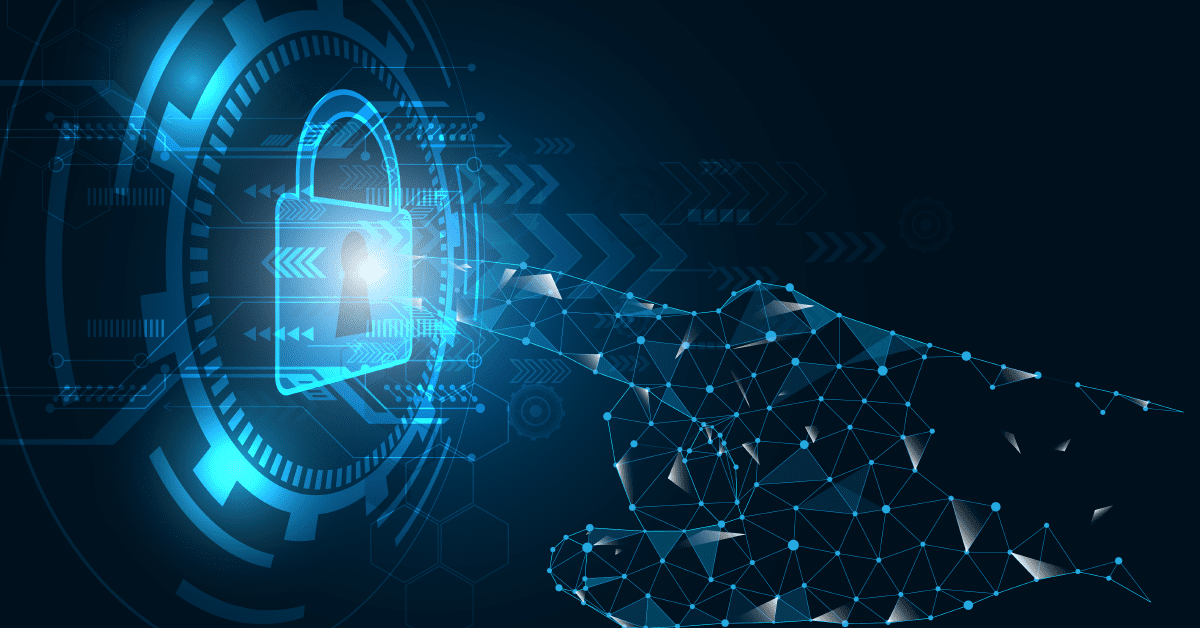
04 Jan Exploring Cybersecurity: What You Need to Know
Introduction
The modern digital age has made cybersecurity a primary concern for everyone, including businesses, governments, and individuals. Understanding the fundamentals of cybersecurity and how to protect yourself and your data online is crucial, given the growing number of cyber threats and our increasing reliance on technology. We shall dive into cybersecurity in this blog post, going over essential ideas, typical dangers, and best practices to protect you online.
Understanding Cybersecurity
The process of preventing illegal access, theft, or damage to computers, servers, networks, and data is known as cybersecurity. Digital information security is achieved through various technologies, procedures, and methods. Preventing unauthorized access to sensitive data and guaranteeing the confidentiality, integrity, and accessibility of information are the primary goals of cybersecurity.
The importance of Cybersecurity
Knowing the value of cybersecurity is essential in today’s connected world, where data breaches and cyberattacks are becoming more frequent. The following justifies the importance of cybersecurity:
Protection against Data Breaches
Businesses and individuals alike may suffer significantly as a result of data breaches. Cybercriminals may obtain private data, bank records, and intellectual property without authorization, resulting in identity theft, money loss, or harm to one’s reputation.
Safeguarding Privacy
Privacy has become increasingly important due to the growing volume of personal data shared online. Cybersecurity safeguards assist in guaranteeing that personal information is kept private and is not abused or exploited.
Preserving Business Continuity
Cyberattacks can disrupt operations, cause financial losses, and cause reputational harm to businesses. Strong cybersecurity measures can help organizations lower the risk of downtime and maintain business continuity.
Common Cybersecurity Threats
To remain safe, one must be aware of various cybersecurity risks. The following are some typical dangers to be mindful of:
Malware
A computer system can be harmed or unauthorized access gained through malicious software, also known as malware. This encompasses malware such as Trojan horses, worms, ransomware, and spyware. Malware can proliferate via hacked software, malicious websites, or contaminated email attachments.
Phishing Attacks
These are intended to deceive targets into divulging credit card numbers, passwords, or other private information. Phishing websites or emails are common ways cybercriminals pose as trustworthy companies to trick gullible people.
Denial-of-Service (DoS) Attacks
DoS attacks are designed to interfere with a computer network’s or website’s regular operation by flooding it with excessive traffic. This stops authorized users from being able to access the website or network security.
Social Engineering
The art of tricking people into divulging personal information or granting unauthorized access is known as social engineering. Instead of utilizing technological tricks, it frequently depends on psychological manipulation.
Insider Threats
People who work for an organization and purposefully or inadvertently jeopardize its security are known as insider threats. Employee data theft, information sharing, and phishing attack victims are a few examples of this.
Best Practices for Cybersecurity
Following these best practices will help you strengthen your cybersecurity posture and shield yourself from potential threats:
Use Strong and Unique Passwords
Generate secure passwords by combining uppercase, lowercase, numbers, and special characters. Better convenience and security can be achieved using a password manager, rather than using the same password for all your accounts.
Keep the software updated
You should regularly update your operating system, antivirus software, web browsers, and other apps to ensure you have the most recent security patches. Outdated software might be vulnerable to known exploits.
Be Cautious of Suspicious Emails and Links
When opening email attachments or clicking links, proceed cautiously, mainly if the sender needs to be more familiar or the content seems dubious. Avoid responding to phishing emails, as they trick you into giving out personal information.
Enable Two-Factor Authentication (2FA)
Switch on two-factor verification as soon as it is possible. Requiring a second form of verification—such as a unique code sent to your mobile device—in addition to your password improves security.
Regularly Backup Your Data
Remember to periodically make backups of your important files and securely store them. This guarantees that you can promptly restore data from a backup in the event of a loss or compromise.
Educate Yourself on Cybersecurity Best Practices
Keep up with the most recent developments in cybersecurity best practices and developing trends. Gain the ability to identify potential threats and respond to them appropriately.
Cybersecurity Careers and Certifications
Career opportunities in cyber security companies are abundant for individuals with a strong passion for safeguarding digital systems and network security. Several well-liked cyber threat intelligence positions include:
- Hacker with ethics and penetration tester
- Security Analyst
- Incident Responder
- Security Engineer
- Cryptographer
Acquiring the necessary certifications can help you improve your cybersecurity abilities and make yourself more marketable as a cybersecurity specialist. Among the many well-known cybersecurity certifications are:
- Certified Ethical Hacker (CEH)
- CompTIA Security+
- Certified Information Security Manager (CISM)
- Certified Information Systems Auditor (CISA)
Conclusion
It is becoming more and more crucial to comprehend the foundations of cybersecurity as our reliance on technology grows. You can drastically lower your chance of becoming a cyberattack victim by being aware of common threats and adhering to best practices. Investing in cybersecurity measures is essential for protecting your digital assets and guaranteeing a safe online experience, regardless of whether you are a business owner or an individual user. Stay informed, stay vigilant, and stay safe!
